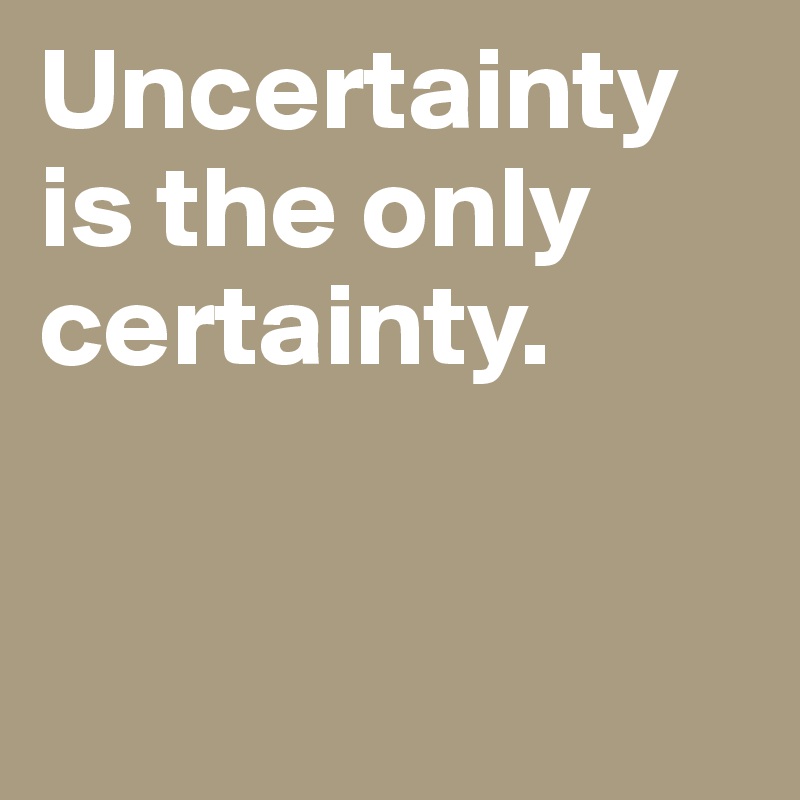The Supreme Court of the United States of America has overridden 50 years of legal precedent and reversed constitutional protections[i] for abortion in the country that were the result of the 1973 landmark Roe v Wade ruling. Pregnant women in the country do not enjoy a constitutional right to abortion any longer. Broadly speaking the result of this ruling results in a split of the country in terms of access to abortion care based on whether a woman lives in a Republican party controlled state or a Democratic party controlled state. The verdict has been widely condemned by associations of health care professionals, medical journals and the like, as much as it was celebrated by religious leaders like the Pope.[ii],[iii] None of that is terribly surprising.
Among secular bioethicists support for liberal access to abortion care has always been strong. The main ethical reasons for this have to do with respecting women’s rights to control over their own bodies[iv], as well as consequentialist ethical reasons that take cognizance of worse health care outcomes for the most vulnerable women in societies where restrictive access to abortion care regimes are in place[v]. The liberalization of laws on abortion, on the other hand, has demonstrably led to improved health outcomes for these women.[vi] The ethical arguments on abortion have been debated endlessly by bioethicists, there is little point in rehashing them here in any great detail[vii].
What is perhaps worth noting is that – unlike in the United States – access to abortion care has become in recent years easier in a number of countries on the African continent, including some of its very poorest. Much of this is the result of the so-called Maputo Protocol, or, more formally, the African Union’s Protocol to the African Charter on Human and Peoples’ Rights on the Rights of Women in Africa.[viii] Since the Maputo Protocol came into effect in 2005, seven sub Saharan countries have taken steps to liberalise their abortion related legislation in order to bring their laws in line with the Protocol. To give just a few examples, since 2012 Benin is permitting abortion care even for economic and social reasons up to the 12th week after conception. Cape Verde permits abortion on demand up to the 12th week after conception, too. The Democratic Republic of Congo has taken to publishing the full text of the Protocol in the government gazette, thereby making it law.[ix] The result of this have been truly sweeping changes liberalizing the country’s abortion regime. Sierra Leone’s government introduced a bill in the country’s parliament that would, if passed, decriminalize abortion, and expand access to contraceptives as well as other reproductive health services. While this won’t change the country’s staggeringly high maternal deaths’ rate of around 10% over night, that is a result of unsafe abortion practices, it is an important start to bring about much needed change.[x]
Much more needs to be done on the continent as well as elsewhere in the global south. Access to abortion care is an essential feature of quality reproductive health care, but while it is arguably a necessary condition, it certainly is not sufficient. As Moodley and Akinsooto point out, even in a country like South Africa, with its liberal abortion care regime, ‘there is a need to place more emphasis on the delivery of efficient contraceptive services and reproductive health education for women.’[xi] I’m tempted to add here, ‘and men’. Unsurprisingly, in the United States the same political actors who support the reversal of Roe vs Wade are also keen to make access to contraceptives more difficult.[xii] The legal tool of choice is conscientious objection accommodation.[xiii],[xiv] Women’s health and well-being continue to remain secondary considerations in ideologies that motivate forced birth policy commitments.
[ii] Tanne JH. 2022. Roe v Wade: Medical bodies declare support for abortion rights, as doctors and states face confusion. BMJ 378:o1643 https://www.bmj.com/content/378/bmj.o1643 [accessed July 6, 2022]
[iii] Allen EA. 2022. In new interview, Pope Francis talks about Roe v Wade, resignation rumors. The Tablet July 05. https://thetablet.org/in-new-interview-pope-francis-talks-about-roe-v-wade-resignation-rumors/ [accessed July 6, 2022]
[iv] Thomson JJ. 1971. A Defense of Abortion. Philosophy and Public Affairs 1(1): 47-66.
[v] Perritt J, Grossman D. 2021. The Health Consequences of Restrictive Abortion Laws. JAMA Internal Medicine 181(5): 713-714.
[vi] Moodley J, Akinsooto VS. 2003. Unsafe Abortion in a Developing Country: Has Liberalisation of Laws on Abortion Made a Difference? African Journal of Reproductive Health / La Review Africaine de la Sante Reproductive 7(2): 34-38.
[vii] Chadwick RF, Schuklenk U. 2021. This is Bioethics. Wiley-Blackwell: Chichester: 79-84.
[viii] Protocol to the African Charter on Human and Peoples' Rights on the Rights of Women in Africa | African Union (au.int)
[x] Akinwotu E. 2022. Sierra Leone backs bill to legalise abortion and end colonial-era law. The Guardian July 06. https://www.theguardian.com/global-development/2022/jul/06/sierra-leone-backs-bill-to-legalise-abortion-and-end-colonial-era-law [accessed July 6, 2022]
[xi] Moodley J, Akinsooto VS. 2003. Op. cit.
[xii] Wensel TM, Brown SA. 2020. Contraceptive prescribing and the Catholic pharmacist. Journal of the American Pharmacists Association 60(2): 291-292.
[xiii] Bhakuni H, Miotto L. 2021. Conscientious objection to abortion in the developing world: The correspondence argument. Developing World Bioethics 21: 90-95. https://onlinelibrary.wiley.com/doi/pdf/10.1111/dewb.12302 [accessed July 6, 2022]
[xiv] Villarroel R, Montero A. A critical review of conscientious objection and decriminalisation of abortion in Chile. Journal of Medical Ethics 44:279-283.

